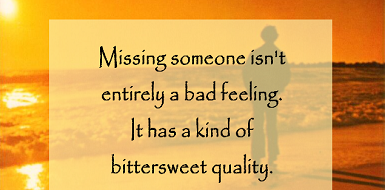Susan Rardon
Rose, Ph.D.
School Counselor's Response to the Self-Image War

Self-Image is one of the most recognized problems in our pre-teenagers. They are going through many hormone changes that cause them to doubt their own physical acceptance. The best thing we as school counselors can do to help them is to share in their identity crisis and identify with them through stories of our own, either past or present.
A good example of this occurred in the private Christian school where I taught. Each teacher brought in pictures of themselves from their middle school years to show at an assembly. As the pictures were shown, the teacher’s goals at that time in his/her life were announced along with some of other stories of his/her life. One of these stories was an embarrassing moment from adolescence. All of the pictures had an impact on the students, because they appreciated their teachers being willing to be so open with them. But, one picture gave a particular impression. The teacher is one of the prettiest teachers in the school with long, blonde hair and beautiful eyes. Yet, in middle school, she wore extra thick glasses and had short, seemingly unmanageable hair. The students were shocked. It encouraged them to see that we all go through an “awkward stage”.
In order to help them through this stage more effectively, we must first love and accept ourselves enough to open ourselves up to them. This is where the idea of removing the mote from our own eye comes in. We must first heal ourselves before we can help anyone else.
We will first begin with body image. Your body image and the way you feel and care about your body is an essential part of your overall sense of self worth and level of self-esteem, therefore, improving your body image can help you make lasting and meaningful improvements to your overall self-image and vice versa.
Body image is the picture you have of your body—what it looks like to you and what you think it looks like to others. In other words, it is the view or perception that you have of your physical appearance. For many people, low self-esteem is caused by a negative body image, while for others it is low self-esteem that comes first and the negative body image that follows from it. Often our bodies are mirrors—they reflect how we feel about ourselves. What does your body say about you? In what ways does it reflect your overall sense of self worth? Does your body say, “I feel really good about myself” or does it say, “I feel really crappy about myself?”
I am a school counselor turned counselor educator, professor, and author helping educators and parents to build social, emotional, and academic growth in ALL kids! The school counseling blog delivers both advocacy as well as strategies to help you deliver your best school counseling program.

I'm a mother, grandmother, professor, author, and wife (I'll always be his). Until October 20, 2020, I lived with my husband, Robert (Bob) Rose, in Louisville, Ky. On that awful day of October 20,2020, my life profoundly changed, when this amazing man went on to Heaven. After Bob moved to Heaven, I embraced my love of writing as an outlet for grief. Hence, the Grief Blog is my attempt to share what I learned as a Counselor in education with what I am learning through this experience of walking this earth without him. My mission is to help those in grief move forward to see joy beyond this most painful time.





Useful Links




